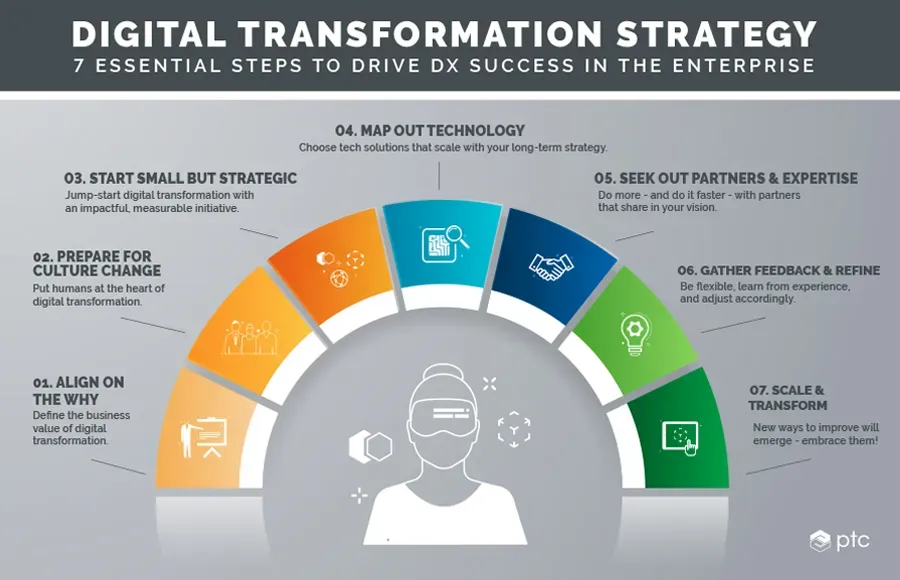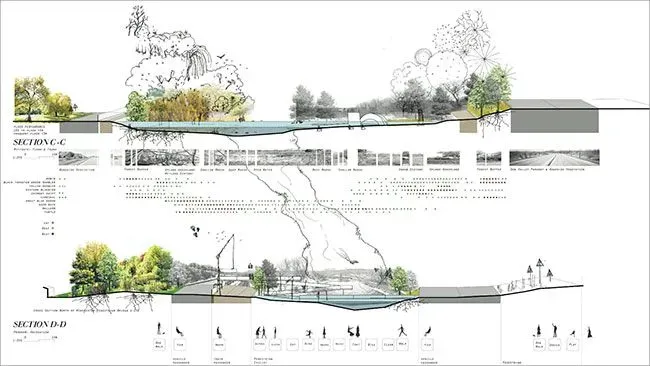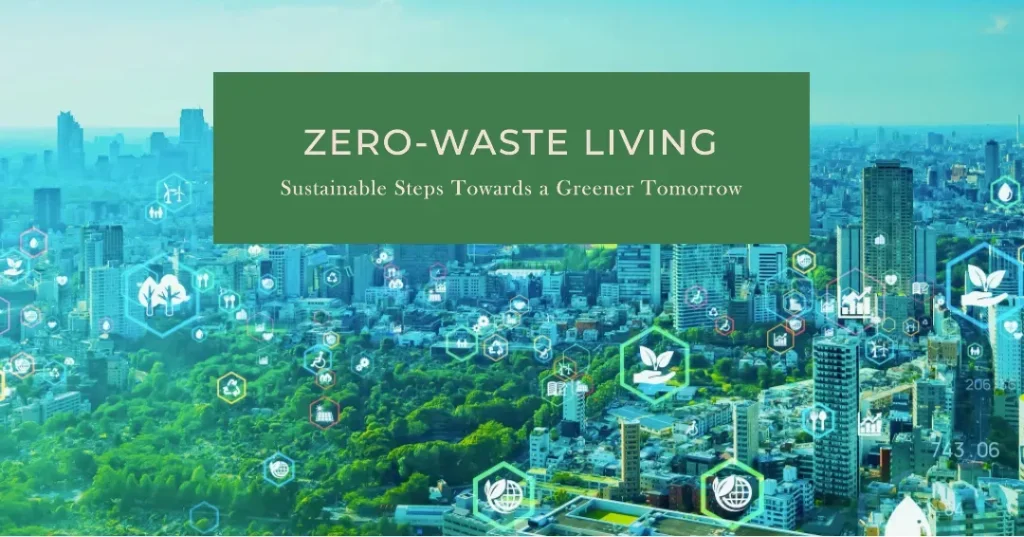A zero-waste environment marks a bold shift in how we design, consume, and live, turning waste streams into opportunity rather than letting them define our footprint, shaping neighborhoods, markets, and daily routines through practical, scalable choices that protect health, lower costs, and invite broad participation across all generations and geographies.When communities, businesses, and households embrace a zero waste lifestyle, small acts—like repairing, reusing, and choosing durable goods—cascade into larger systems that prioritize reuse over extraction and reduce pressure on landfills, while also sparking collaboration across generations and cultures, with this shift reinforced by everyday rituals—from packaging choices to community swap events and repair cafes—reinforcing inclusive participation across diverse communities and ensuring that economic benefits stay local.










